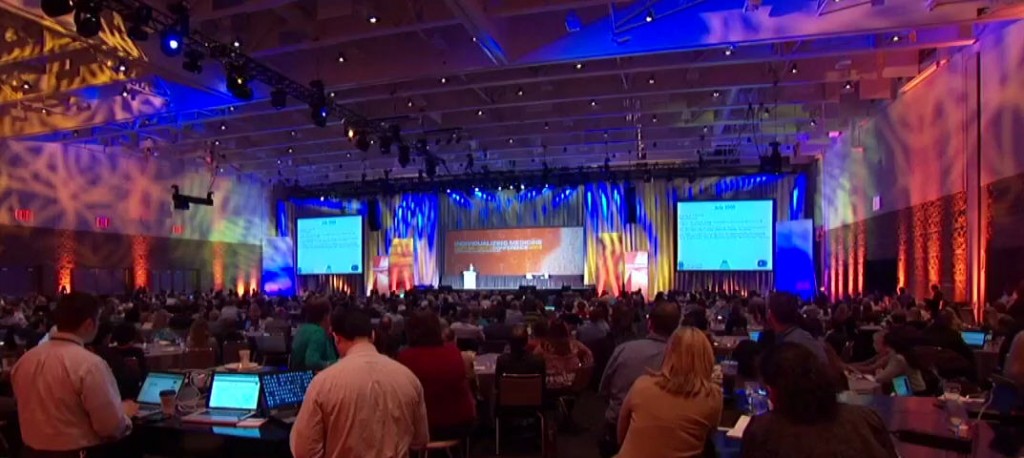-
Cancer
Mayo Clinic Hosts Conference on the Genetics of Healing
Individualizing Medicine 2013: From Promise to Practice, that's the name of a conference at Mayo Clinic in Rochester, Minn., this week focusing on how to translate the promise of genomic medicine into ongoing patient care. Genomics is the study of our genetic material, which determines everything from the color of our hair to which diseases we may be at risk of developing.
That's why hundreds of physicians, researchers, scientists, medical staff, genetics counselors and others are gathering to see how the science of genomics is helping heal patients today. Richard Weinshilboum, M.D., the director of the Pharmacogenomics Program at Mayo's Center for Individualized Medicine (CIM), says the field is no longer the stuff of science fiction.
The conference continues through 12 p.m. Wednesday, Oct 2. Members of the media wishing to cover the event or interview speakers may contact Bob Nellis at Nellis.Robert@mayo.edu. Follow #CIMcon2013
/// SOT 01:48:01 (Richard Weinshilboum, M.D., Mayo Clinic Genomics Expert) "This part of medicine is ready for prime time. The Food and Drug Administration has a website where they list gene-drug pairs that they say physicians need to know about. What we’re trying to do at Mayo is make that information readily available to physicians in a user-friendly fashion." TRT :17
To take it a step further, Eric Green, M.D., Ph.D., the director of the National Human Genome Research Institute, says, in many cases, doctors can do a test on a cancerous tumor or a patient's tissues and know in advance if the treatment they choose has good chance of working.
/// SOT 01:41:38 (Eric Green, M.D., Ph.D., National Human Genome Research Institute) “Now we can open up a person’s genome, look inside, and say, ‘Wow, you’re going to be a good responder or you’re going to be a bad responder to this medication and before we give you this medication, let’s learn that.” TRT :10
Dr. Green says it's important for patients to learn about genomics to take full advantage of this exciting medical field's potential. However, he adds, it's not just up to doctors and scientists to chart its future course. He says it's essential for the public to determine what are and are not appropriate uses for the technology.








